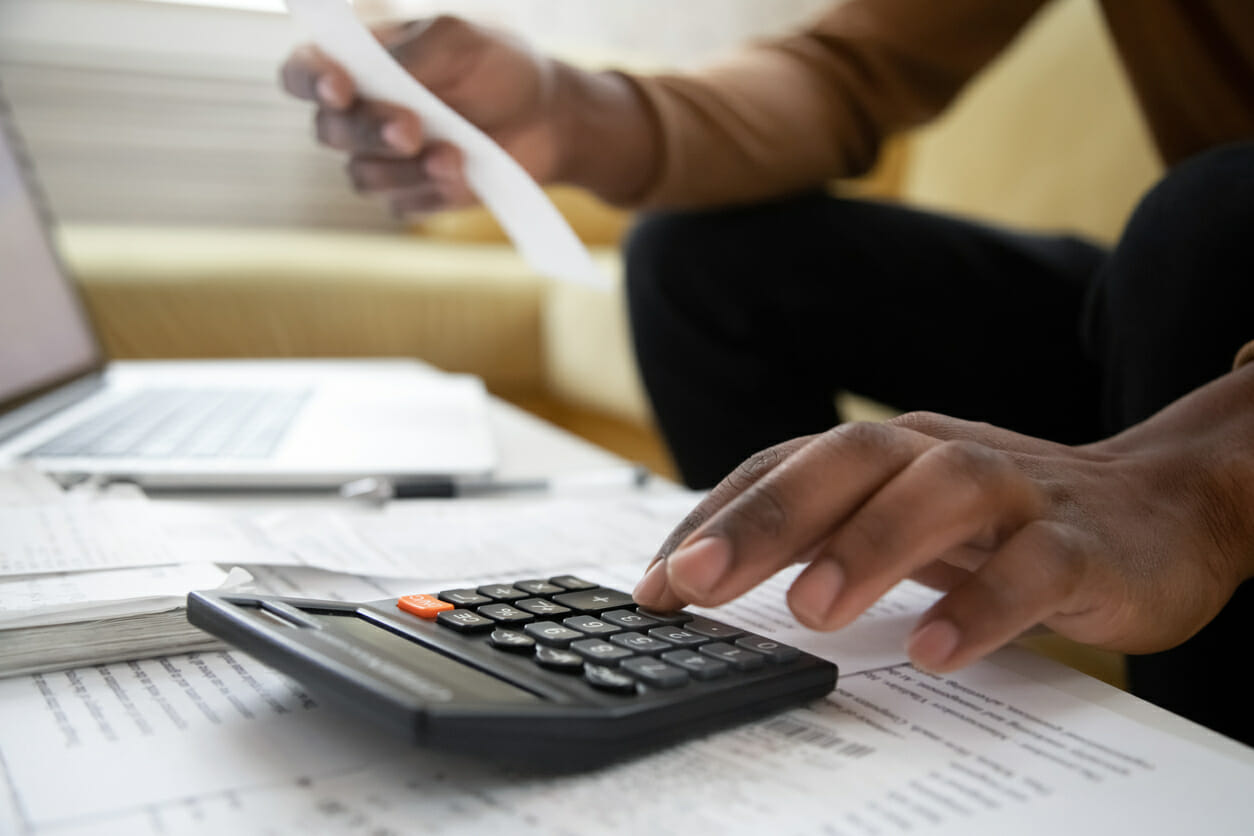As many economists signal concerns about a possible recession, the standard three- to six-month emergency fund recommendation is shifting. Now, experts are recommending a 12-month cushion with rising living costs and continued market volatility. Yet even with the previous guidance, a Bankrate survey shows just 28% of Americans have six months of savings. Twenty-nine percent have less than three months saved, and 27% have no emergency savings at all. The good news is, with dedication, you can start cutting costs now to prepare for future uncertainty.
DEEPER DIVE: 20 emerging business categories gaining traction in Arizona
INDUSTRY INSIGHTS: Want more news like this? Get our free newsletter here
Put your tax refund to work
Paying off debt is saving. If you received a tax refund and have any credit card debt, now is the time to pay it off. Then, you can add the monthly payment you were making to those credit cards to your savings account instead. Why do this instead of putting the refund in savings? Because it will help eliminate the interest you’re being charged monthly, putting even more back into your emergency savings.

Add extra income streams to help emergency fund
When the going gets tough, extra income can help. From putting your hobbies to use to earn extra cash to signing up for Uber or Lyft, extra income that can go directly to your savings can help you get to your fully funded emergency fund much faster. You can even consider selling items around the house that no longer serve a purpose or have a spot. Facebook Marketplace, Offer Up, or a good old-fashioned yard sale are great ways to get rid of things you don’t need and make some extra money for your savings.
Grocery store hacks to lower your bill
If you don’t have sufficient emergency funds, it’s time to eliminate eating out. Instead, focus on saving at the grocery store. Shop weekly ads and plan meals around what is on sale and in season. Then, make a grocery list based off your meal plan and stick to it. If you have the tendency to impulse shop, consider ordering from the app and picking it up instead. Not only is making your own meals typically healthier, but it can also save big. A single person in Arizona spends over $200 per month eating out while a family of four averages over $500 a month.
Automate for consistent savings
One of the best ways to think of your emergency fund is by treating it like a bill you owe yourself. Before you do anything else, set up automatic transfers from your checking account to a separate savings account every payday. Even if it’s just $20 or $50 at a time, the consistency adds up and removes the temptation to spend that money elsewhere, helping you grow your safety net without having to think twice.
Building a 12-month emergency fund might feel overwhelming at first but remember it doesn’t have to happen overnight. Small, consistent actions can lead to big results over time. Whether you’re redirecting your tax refund, cutting grocery costs, picking up a side hustle, or automating your savings, every step you take puts you closer to financial peace of mind. The key is to start now, stay focused, and keep going. Your future self will thank you.
Author: Rachel Caballero is community development and PR manager for TruWest Credit Union. TruWest® Credit Union is headquartered in Tempe, Ariz. and operates as a cooperative providing its members with a lifetime of quality financial services and a culture of caring for its organization, employees and communities. TruWest is a strong and sound financial institution with more than 90,000 members and assets totaling more than $1.8 billion. TruWestCredit Union has 11 financial service centers —eight in metro Phoenix and three in Austin, Texas. For more information, visit https://truwest.org/.




